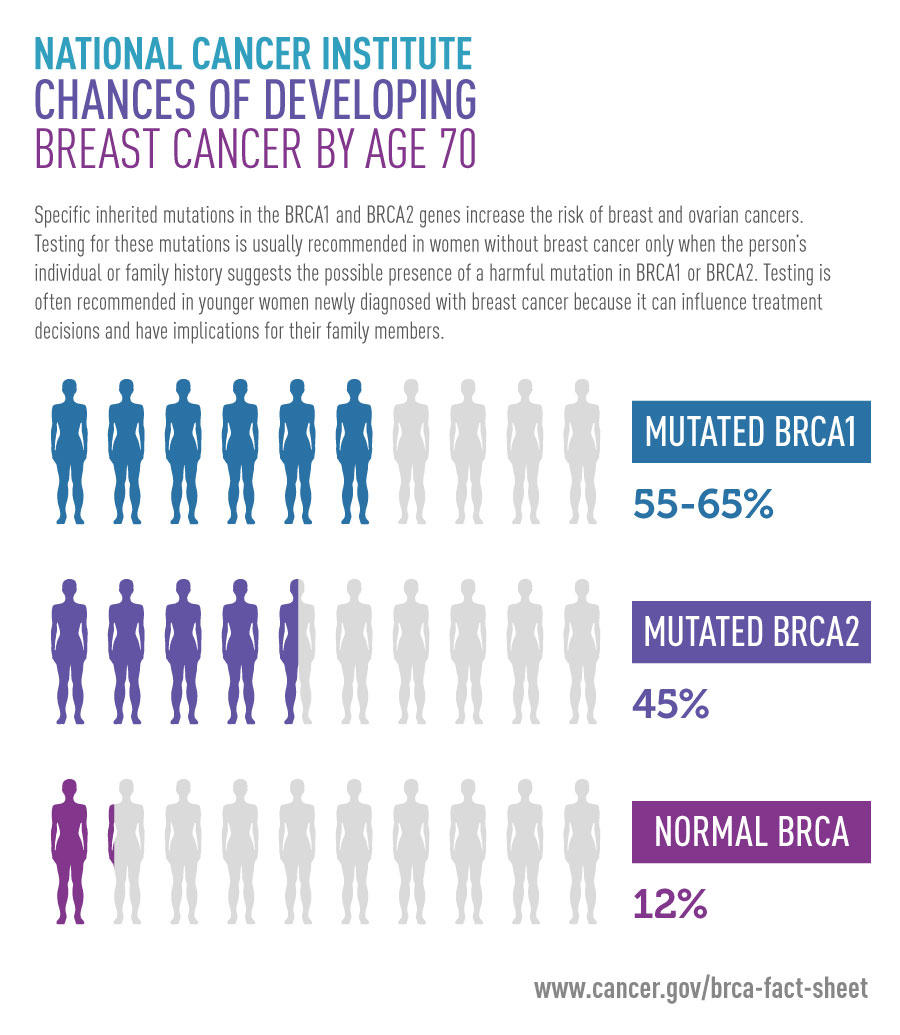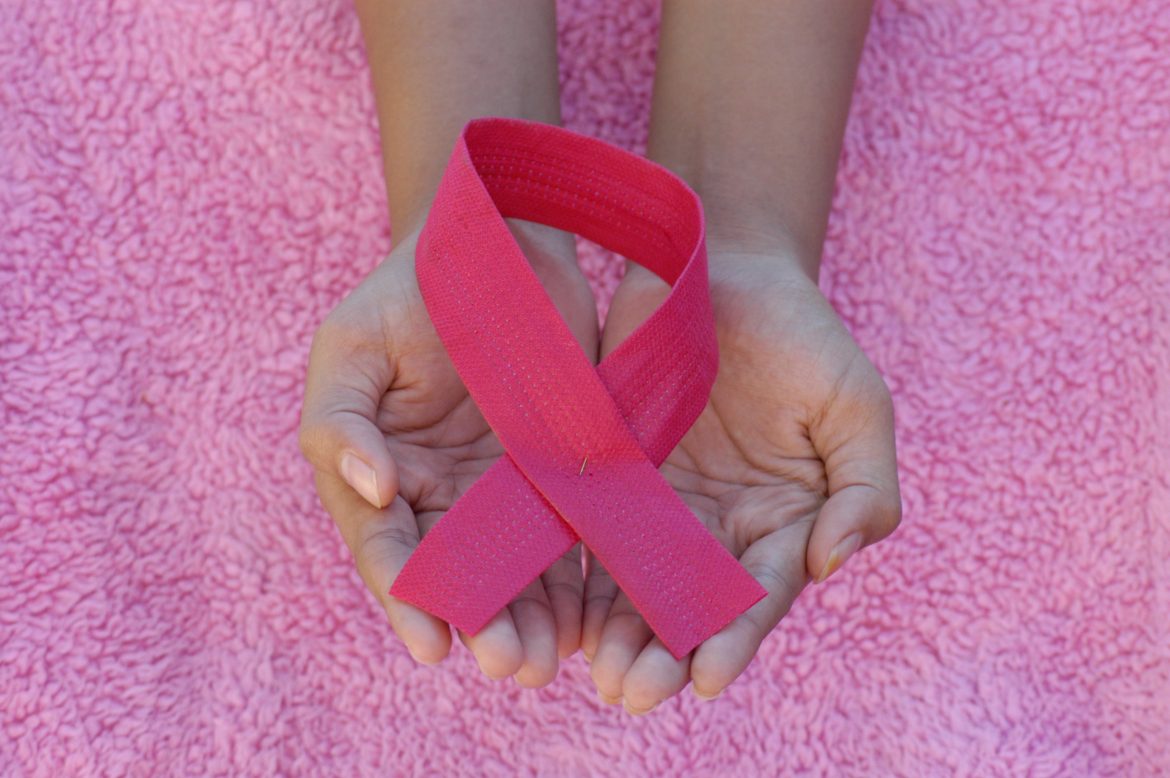Breast cancer is a concern for many women, and understanding the probabilities associated with its development is crucial for proactive health management.
Let’s delve into the chances of developing breast cancer by the age of 70, exploring key factors, statistics, and preventive measures.
I. The Basics
What is Breast Cancer?
It is a type of cancer that originates in the cells of the breast, often forming a lump or mass.
Types of Breast Cancer
There are various types, including ductal carcinoma in situ (DCIS), invasive ductal carcinoma (IDC), and invasive lobular carcinoma (ILC).
Genetic Factors
Certain gene mutations, such as BRCA1 and BRCA2, can significantly increase the risk of developing it.
II. Understanding the Risk Factors
Age as a Significant Factor
The likelihood of it increases with age, with a notable rise after the age of 50.
Family History
A family history of breast cancer can elevate the risk, indicating a potential genetic component.
Hormonal Influences
Hormonal factors, such as early menstruation, late menopause, or hormone replacement therapy, can impact susceptibility.
Lifestyle and Environmental Factors
Unhealthy lifestyle choices, like excessive alcohol consumption and lack of physical activity, can contribute to increased risk.
III. Statistics and Data
General Statistics
Understanding the prevalence and incidence rates provides a clearer picture of the overall risk.
Age-Specific Statistics
Examining the statistics for different age groups sheds light on the evolving risk over time.
IV. Taking Control: Prevention and Early Detection
Regular Breast Exams
Self-exams and routine mammograms play a crucial role in early detection.
Healthy Lifestyle Choices
Adopting a healthy lifestyle, including a balanced diet and regular exercise, can mitigate risk factors.
V. Medical Interventions and Treatments
Surgical Options
In certain cases, preventive surgeries like mastectomy may be recommended for high-risk individuals.
Medications for Prevention
Certain medications, such as tamoxifen, may be prescribed for risk reduction.
VI. The Role of Awareness and Education
Breast Cancer Awareness
Creating awareness and educating individuals about breast cancer contribute to early detection and prevention.
Support Networks
Joining support groups can provide emotional assistance and valuable information.
Conclusion
Understanding the chances of developing breast cancer by the age of 70 empowers individuals to make informed decisions about their health. By incorporating preventive measures and early detection strategies, one can significantly reduce the risk and lead a healthier life.
FAQs
- Q: Can men develop breast cancer?
- A: Yes, though rare, men can develop breast cancer due to the presence of breast tissue.
- Q: Are all breast lumps cancerous?
- A: No, many breast lumps are benign, but any unusual lump should be examined by a healthcare professional.
- Q: How often should mammograms be done?
- A: The frequency varies, but generally, women are advised to start mammograms around the age of 40 and continue regularly.
- Q: Is breast cancer only hereditary?
- A: No, while genetic factors play a role, many cases occur without a family history.
- Q: Can lifestyle changes really reduce the risk?
- A: Yes, adopting a healthy lifestyle can contribute to reducing the risk of developing breast cancer.


